Habits and Automatism
Article By Natalia Lema
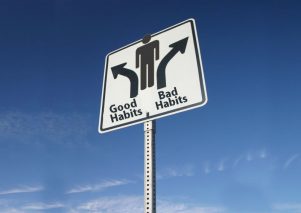 Amongst the many human conditions that characterise us, there is one that in a subtle way permeates who we are and what we do, not only on a physical level but also in terms of emotional and mental traits: habits or repetitive behaviour The very lack of awareness and the fact that we fall easily into an automatic way of acting makes it even harder to identify that acquired way of being or acting that has settled within us and then naturally reproduces itself.
Amongst the many human conditions that characterise us, there is one that in a subtle way permeates who we are and what we do, not only on a physical level but also in terms of emotional and mental traits: habits or repetitive behaviour The very lack of awareness and the fact that we fall easily into an automatic way of acting makes it even harder to identify that acquired way of being or acting that has settled within us and then naturally reproduces itself.
To help us understand what habits are we can think about a machine that has been activated long ago and has never stopped. The quality of what the machine produces can be both positive and negative, but we often react with surprise when we find that we have become an automatic entity that no longer thinks or reflects on the choices available. Initially, when we came into existence, there was a great need to develop mechanisms to survive and interact with an unfamiliar environment. But as we grow and receive the influence of family, education, religion, peers and even of the media, we are coloured and modified without even noticing. So who we are today is a result of many influences and the way we have managed to deal with them within our own individual process of growth. It is often said that habits are both hard to break and hard to establish, because those processes require a large amount of effort, determination and will. But it isn’t impossible, as we can tap into a world of virtues and potentials and with the right tools we can take back some control.
People often struggle to identify their habits and even more to have the perseverance to develop themselves as beings who are free and creative rather than automatic. Some habits, such as those we manifest through our actions, can be quite obvious to the eyes of those with whom we share our lives. So they can tell us about particular ways we have of moving, saying things, doing things and even laughing or crying, all of which is done in a particular way of which we are hardly aware.
The roots of these expressions are often to be found in culture and are inherited unconsciously. Some can be healthy and we might feel comfortable with them, but others can be meaningless and even destructive. Life takes us on a journey of discovery triggered by circumstances and it is then that we begin to notice the patterns we reproduce. There is no doubt that possessing habits can sometimes be helpful in that they can save us having to go through a constant learning curve in the many things we do and are skilful at. However, we absorb a vast amount of messages through the media, and the targeted advertising we experience today plays a challenging role. So suddenly we find ourselves following a trend, buying gadgets that promise us pleasure and thinking superficially about life as many people do in order to avoid the inner confrontation that arises when one is no longer satisfied with the conventional.
Recently I heard a speaker encouraging the audience to have enough curiosity in their own process to try out new things, explore and reflect on the outcome of those explorations. Perhaps curiosity can be a means to identify the many habits we have right now and make a step into a more conscious life. Habits we have welcomed individually also have repercussions on the collective, as we are clearly social beings. Just as selfishness and indifference can spread like a habit, in the same way generosity, love and a deeper sense of life can become more familiar to those around us if we become agents of transformation. The next time you find yourself craving for a new item, making a judgement or believing arrogantly that you are right, stop and think where the roots of those ideas are. Because what really matters is not how many people agree with something or do the same thing, but the values that lie behind the choices we are constantly exposed to. If we can make a good use of habits and enhance our will power, we can nurture the human condition of becoming and discovering who we truly are.
Image Credits: By The People Speak | Flickr | CC BY 2.0
The entity posting this article assumes the responsibility that images used in this article have the requisite permissionsImage References
By The People Speak | Flickr | CC BY 2.0
Permissions required for the publishing of this article have been obtained
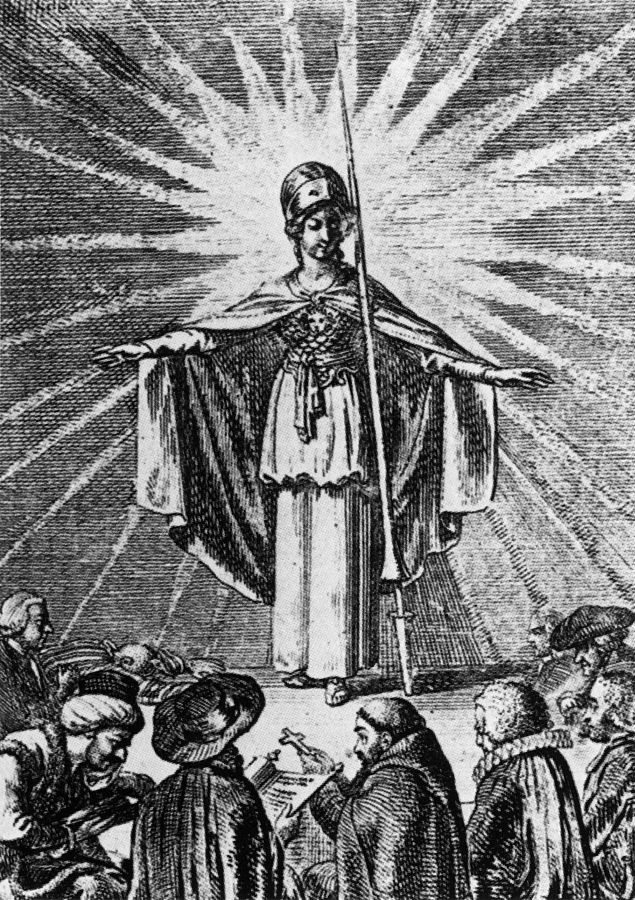
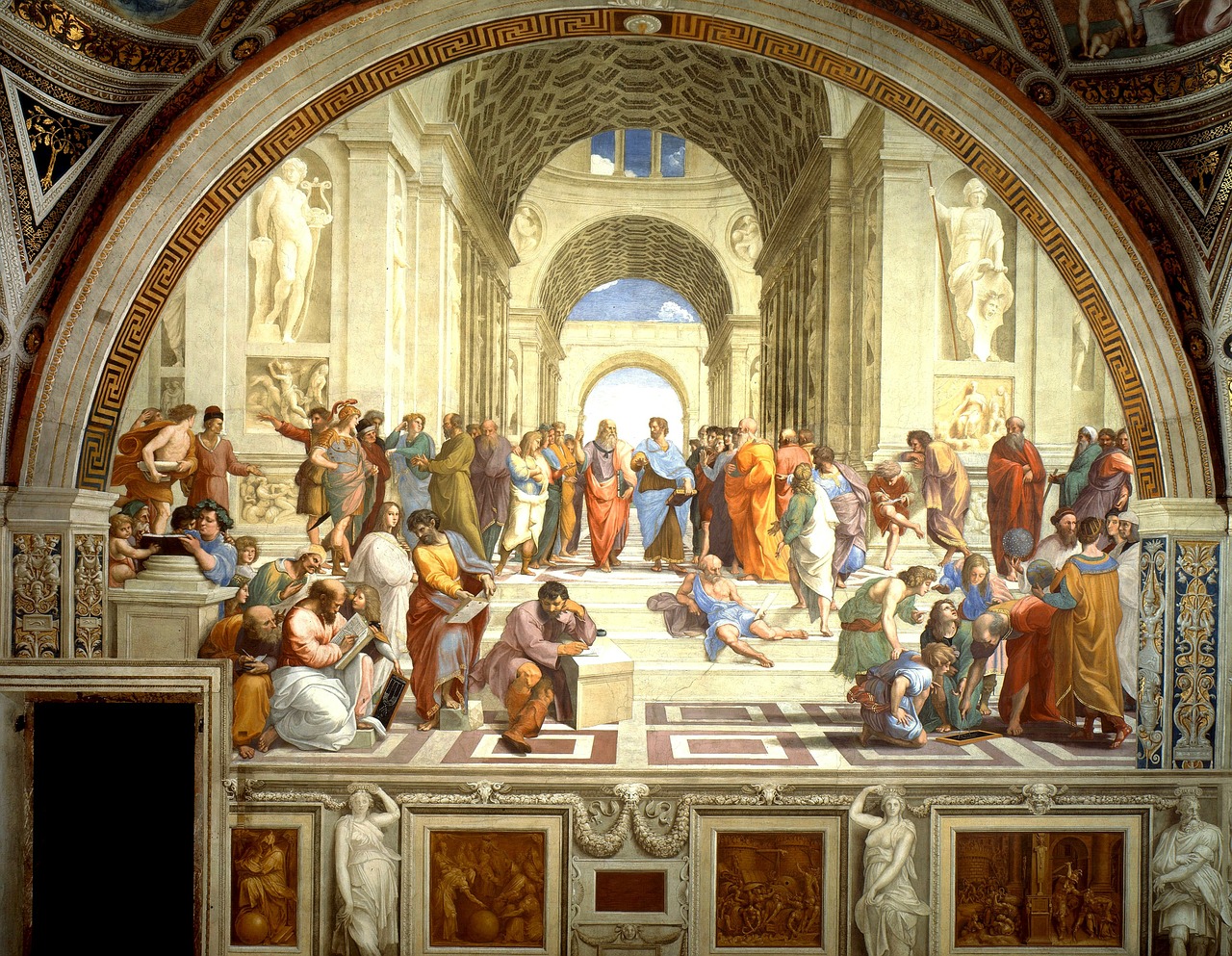
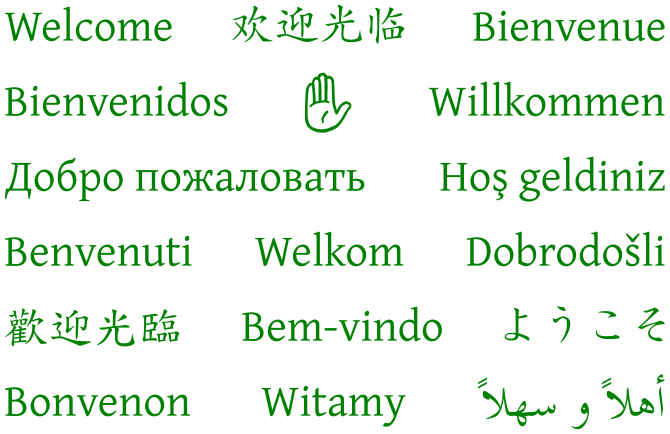
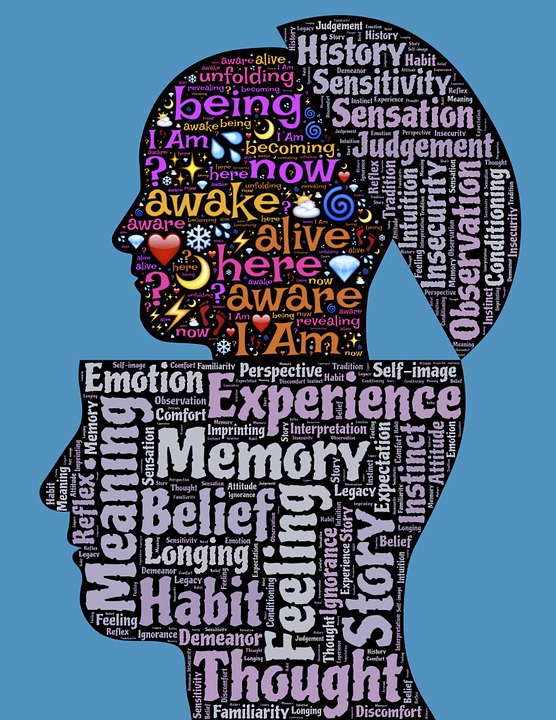
What do you think?